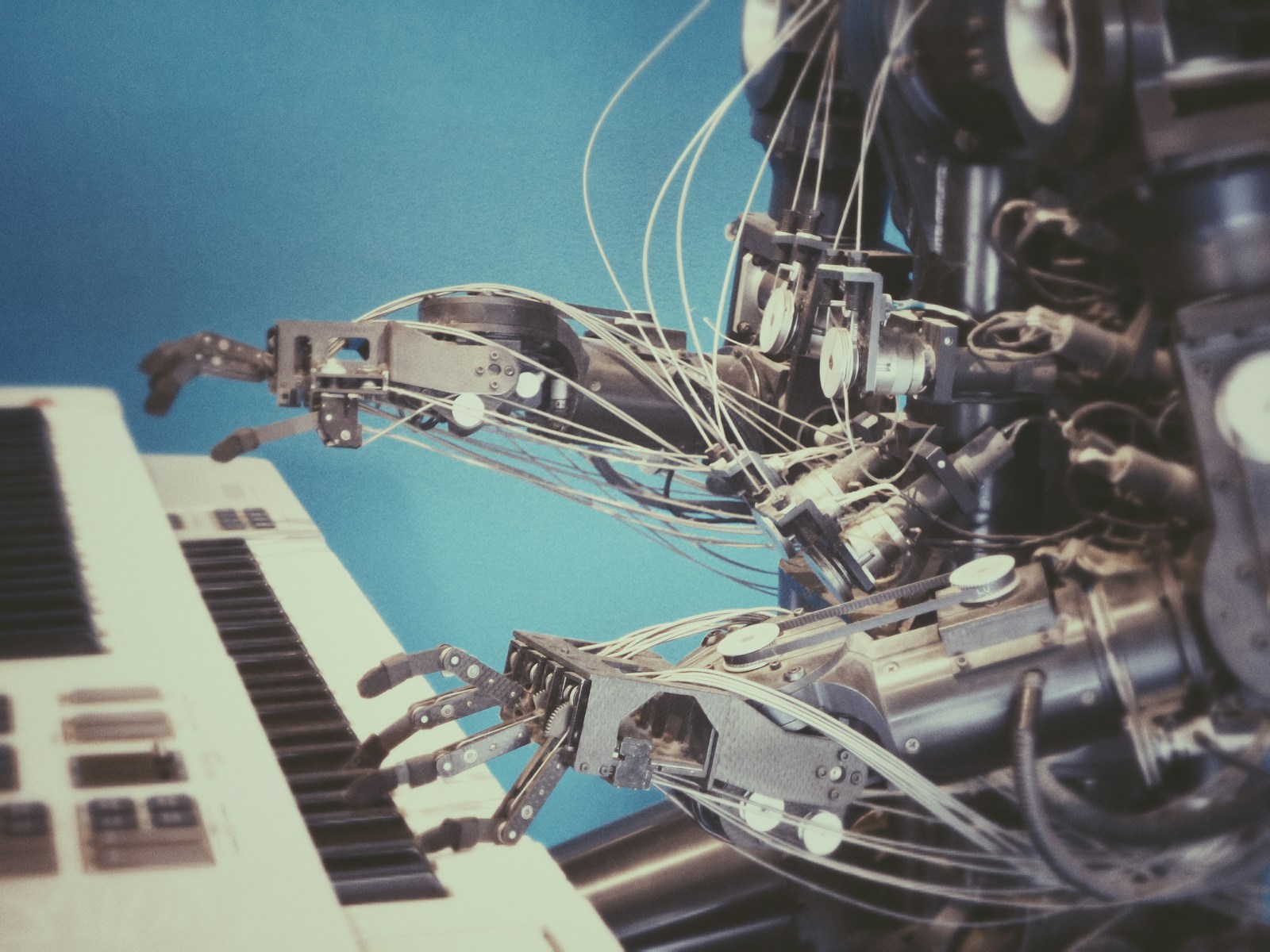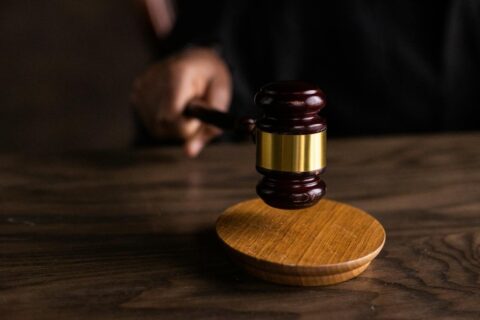Music Legend Asha Bhosle Sues AI Firm and E-Commerce Sites Over Voice and Image Misuse

Introduction
In a significant development for intellectual property and digital rights, the Bombay High Court has granted ad-interim protection to veteran playback singer Asha Bhosle, recognizing her personality rights against the unauthorized use of her voice, image, and likeness through artificial intelligence (AI) platforms and online marketplaces. The ruling highlights the judicial recognition of celebrity persona as a legally protectable right, extending to voice cloning, AI-generated content, and digital merchandise, thereby setting an important precedent in India’s evolving jurisprudence on deepfakes, AI exploitation, and publicity rights.
Table of Contents
Background of the Case
The dispute arose when Asha Bhosle[1], one of India’s most celebrated playback singers with a career spanning over seven decades, discovered that her voice, name, image, and likeness were being misappropriated without consent through various digital and commercial means.
According to the plaint, certain AI-based platforms had developed tools capable of cloning her voice, allowing users to generate songs and recordings in her vocal style even for songs she had never sung. These recordings were then uploaded and circulated on platforms like YouTube, misleading the public and monetizing her persona.
Additionally, online marketplaces such as Amazon and Flipkart were found displaying and selling unauthorized posters, caricatures, and merchandise featuring her image. Independent sellers also marketed clothing items such as T-shirts and hoodies carrying her photographs and likeness, without her approval.
Bhosle argued that such acts violated her personality rights, which encompass the right to control the commercial use of one’s identity, as well as her moral rights under Section 38-B of the Copyright Act, 1957, which safeguard the integrity of her performances. She emphasized that her immense goodwill, reputation, and recognition both nationally and internationally were being exploited for commercial gain by third parties, without her consent.
Given the potential harm to her dignity, reputation, and artistic legacy, she approached the Bombay High Court seeking urgent reliefs against the defendants, including AI companies, e-commerce platforms, merchandise sellers, and intermediaries such as Google (YouTube).
Court’s Findings
The Bombay High Court held that Asha Bhosle had established a strong prima facie case for the protection of her personality rights. The Court observed that:
- Personality Rights Are Protectable: A celebrity’s voice, name, likeness, image, signature, and persona form integral parts of their identity and are legally protectable. Unauthorized use of these attributes, particularly for commercial gain, amounts to violation of personality and publicity rights.
- AI Voice Cloning Constitutes Infringement: The Court recognized that providing AI tools that enable the conversion of any voice into that of a celebrity without their consent amounts to infringement. Such technology not only appropriates and manipulates a celebrity’s identity but also undermines their control over their reputation and artistic expression.
- Commercial Exploitation Without Consent Is Unlawful: The sale of merchandise such as posters, caricatures, and apparel bearing the Plaintiff’s image and likeness, without authorization, was found to be an unauthorized commercial exploitation of her goodwill and reputation.
- Role of Online Platforms: The Court held that intermediaries like Amazon, Flipkart, and YouTube cannot remain passive facilitators when confronted with clear evidence of misuse. They have a duty to promptly remove infringing content once notified and to disclose subscriber and seller information to aid enforcement.
- Balance of Convenience in Favour of Plaintiff: Since the Defendants (particularly those operating AI cloning tools and merchandise websites) failed to appear despite being served, their conduct appeared to be purely infringing. The Court noted that the balance of convenience favoured Asha Bhosle and that she would suffer irreparable harm to her reputation if relief was not granted.
The Court thus concluded that Bhosle’s identity and reputation deserved protection in law and that unauthorized technological exploitation could not be justified under free speech or commercial freedom.
Order Passed
The Bombay High Court granted ad-interim injunctions in favour of Asha Bhosle, restraining the defendants from misusing her personality attributes. The key directions are as follows:
- Against AI Platforms and Merchandise Sellers (Defendants 1, 2 & 5):
- Restrained from using or exploiting Asha Bhosle’s name, voice, vocal style, image, likeness, signature, or any personality attributes without her written consent.
- The prohibition specifically extends to AI voice models, face morphing, generative AI, machine learning tools, and other technologies that clone or manipulate her identity.
- Directed to remove and delete infringing content from their websites, platforms, servers, and storage systems, including AI-generated recordings and merchandise.
- Required to provide subscriber/seller details, IP logs, contact details, and payment information of infringers to aid enforcement.
- Against Online Marketplaces (Defendants 3 & 4 – Amazon & Flipkart):
- Ordered to take down infringing listings displaying posters, wallpapers, caricatures, and merchandise using Bhosle’s name or likeness, as identified in the plaint.
- Directed to remove any future infringing content upon notification by the Plaintiff.
- Required to share seller details of those listing unauthorized goods.
- Against Google/YouTube (Defendant 6):
- Directed to take down specific URLs containing AI-generated songs falsely attributed to Asha Bhosle.
- Ordered to act on future complaints by removing similar infringing content, subject to right of objection.
- Required to share uploader details to identify violators.
- General Reliefs:
- All defendants, their agents and associates were restrained from passing off goods or services as endorsed by Asha Bhosle.
- Defendants directed to deliver up infringing materials for destruction.
- The Court held that these interim measures were necessary to prevent irreparable harm to Asha Bhosle’s reputation and artistic legacy, and to curb the misuse of her personality in the rapidly expanding digital and AI ecosystem.
Legal Significance
The judgment in Asha Bhosle v. Mayk Inc. is in shaping India’s response to AI, deepfakes, and personality rights. The Court affirmed that a celebrity’s voice, name, and likeness are protectable attributes and that AI voice cloning without consent amounts to infringement. By invoking Section 38-B of the Copyright Act, it expanded moral rights to cover digital manipulation of performances.
Importantly, the ruling places a duty on intermediaries like Amazon, Flipkart, and YouTube to promptly remove infringing content and share violator details, strengthening accountability in the digital ecosystem. It also draws a clear line between technological innovation and personal dignity, ensuring commercial freedom does not override an individual’s identity.This case sets a strong precedent for addressing AI-driven exploitation and deepfakes, while highlighting the urgent need for dedicated legislation on digital identity and AI misuse.
Author’s View
The Bombay High Court’s intervention in protecting Asha Bhosle’s persona is both timely and necessary. At a moment when AI and deepfake technologies are blurring the boundaries of creativity and exploitation, the Court has rightly placed consent at the core of personality rights. The recognition that a voice, much like a name or image, is an inseparable part of identity reflects a progressive understanding of the law.
While this judgment provides immediate relief and sets a valuable precedent, it also exposes the regulatory vacuum in India regarding AI-generated content and digital impersonation. Reliance on copyright and tort principles alone may not be sufficient in the long run. A comprehensive legal framework similar to emerging deepfake and AI laws in other jurisdictions will be vital to protect not just celebrities, but also ordinary individuals from identity misuse.
Ultimately, the Court has struck the right balance between innovation and protection of dignity, sending a clear message that technological advancement cannot come at the cost of human identity and reputation.
For more details, write to us at: contact@indialaw.in
[1] INTERIM APPLICATION (L) NO. 30382 OF 2025 in COMMERCIAL IP SUIT (L) NO. 30262 OF 2025
By entering the email address you agree to our Privacy Policy.



